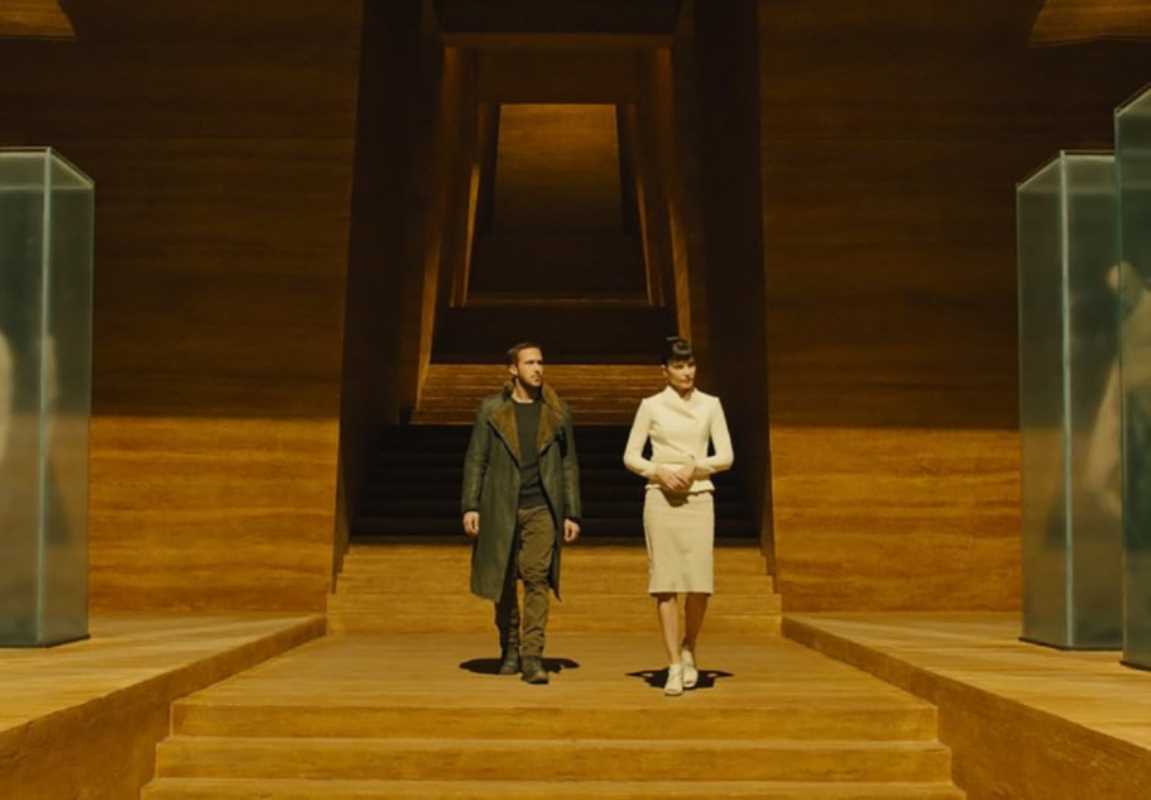Reality television offers a specific kind of entertainment, presenting what appears to be an unscripted look into the lives of everyday people thrust into extraordinary situations. From desert islands to lavish mansions, these shows promise drama, romance, and the chance at fame. However, the experience for participants can be substantially different from what is presented to the audience. This document provides an analysis of the negative consequences associated with reality television participation after production concludes.
1. The Psychological Impact of a Fabricated Narrative
A primary issue reported by former contestants is the psychological distress resulting from production manipulation. Producers are tasked with creating compelling television, a process that may involve editing footage to construct specific narratives and character archetypes.
- The Bachelor Franchise
- Many contestants from series like The Bachelor and The Bachelorette have spoken about the practice of "Frankenbiting." This editing technique involves splicing together different audio clips or sound bites to create a sentence that the individual did not actually say. In a 2019 interview, Kelley Flanagan, a contestant on Peter Weber’s season of The Bachelor, stated that producers would lock her in a closet for hours to elicit an emotional reaction on camera. This manufactured stress is designed to create dramatic content but can have a severe impact on a participant’s mental state. Contestants often report experiencing anxiety, depression, and paranoia as a result of being portrayed as a "villain" or a character that does not reflect their true personality.
2. Financial and Professional Consequences
The promise of fame and fortune is a significant draw for many reality TV applicants. However, the reality is often financial strain and professional disruption.
- Love Is Blind
- Contestants on Netflix's Love Is Blind are required to leave their jobs for the duration of filming, which can last several weeks. While a small stipend is sometimes provided, it often does not cover lost wages, bills, and other financial obligations. Following the show, individuals may struggle to return to their previous careers, particularly if they were portrayed in a negative light. The "fame" acquired is often fleeting and does not translate into sustainable career opportunities, leaving many in a worse financial position than before they participated.
3. The Lack of Aftercare and Mental Health Support
Once filming is complete and the show has aired, contestants are often left to navigate their newfound, and often temporary, fame alone. The support structure provided during production typically disappears, leaving individuals to cope with public scrutiny, online harassment, and the psychological effects of their experience without professional guidance.
- Love Island
- The UK series Love Island came under intense scrutiny following the suicides of two former contestants, Sophie Gradon and Mike Thalassitis. In response to the tragedies and public outcry, the network, ITV, implemented new "duty of care" protocols in 2019. These protocols include providing contestants with comprehensive psychological support before, during, and after filming, as well as social media training and financial management advice. This case highlights a systemic failure within the industry to provide adequate aftercare, treating contestants as disposable assets rather than individuals.
4. Exploitation and Unfair Labor Practices
Many reality shows operate in a legal gray area regarding the status of their participants. Contestants are often not classified as employees, which exempts production companies from providing benefits like minimum wage, health insurance, and workers' compensation.
- Survivor
- Participants on Survivor endure extreme physical conditions, including starvation, sleep deprivation, and hazardous environments, all for the chance to win the prize money. While they sign extensive waivers, the lack of employee status means they have little recourse if they are injured. Past contestants have described suffering from long-term health issues, such as parasitic infections and hormonal imbalances, as a direct result of the show's conditions. This arrangement benefits the production company, which profits from the dramatic spectacle of human suffering while bearing minimal responsibility for the contestants' well-being.
5. The Long-Term Impact of Public Scrutiny
The transition from private citizen to public figure is abrupt and often jarring. Contestants become subjects of intense online discussion, media coverage, and public opinion, which can be overwhelmingly negative.
- Big Brother
- Contestants on Big Brother are filmed 24/7, and their every action is broadcast on live feeds available to the public. This level of exposure means that any mistake, controversial statement, or private moment can be clipped, shared, and scrutinized endlessly on social media. Aryn Gries, a contestant on the U.S. version in 2013, was fired from her job while still in the Big Brother house after making racist and homophobic remarks on the live feeds. Upon exiting the show, she faced a massive public backlash that has followed her for years. This demonstrates how a temporary appearance on a television show can lead to permanent damage to one's reputation and livelihood.
While some networks have begun to address these issues by implementing better support systems, the fundamental structure of reality television—which relies on manufactured drama and the exploitation of real people—remains a subject of ethical concern. When the cameras stop rolling, the show ends for the audience, but the consequences for the participants can last a lifetime.
 (Image via
(Image via





